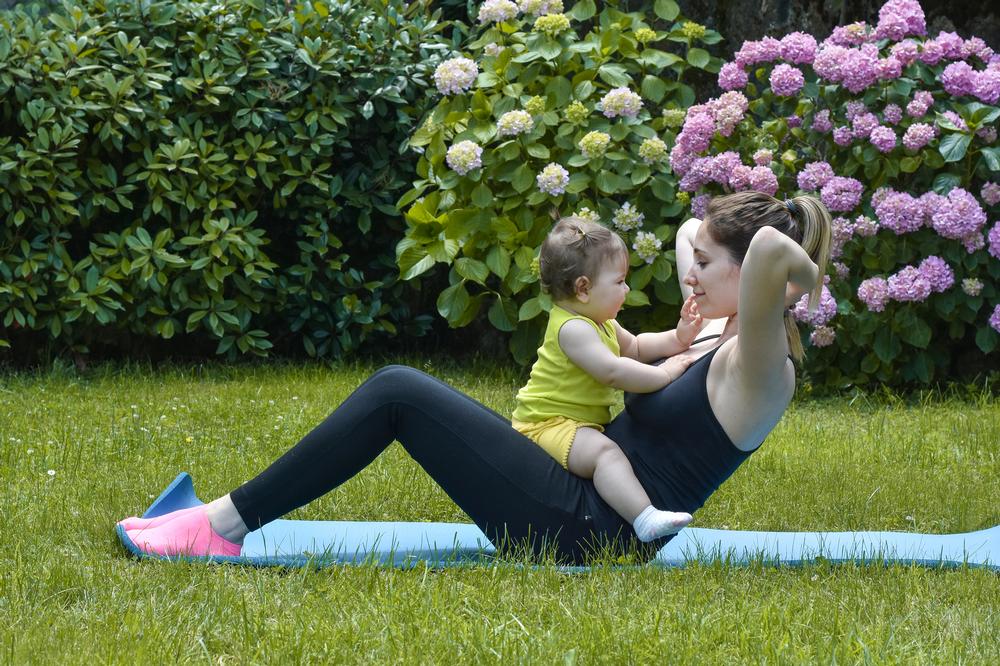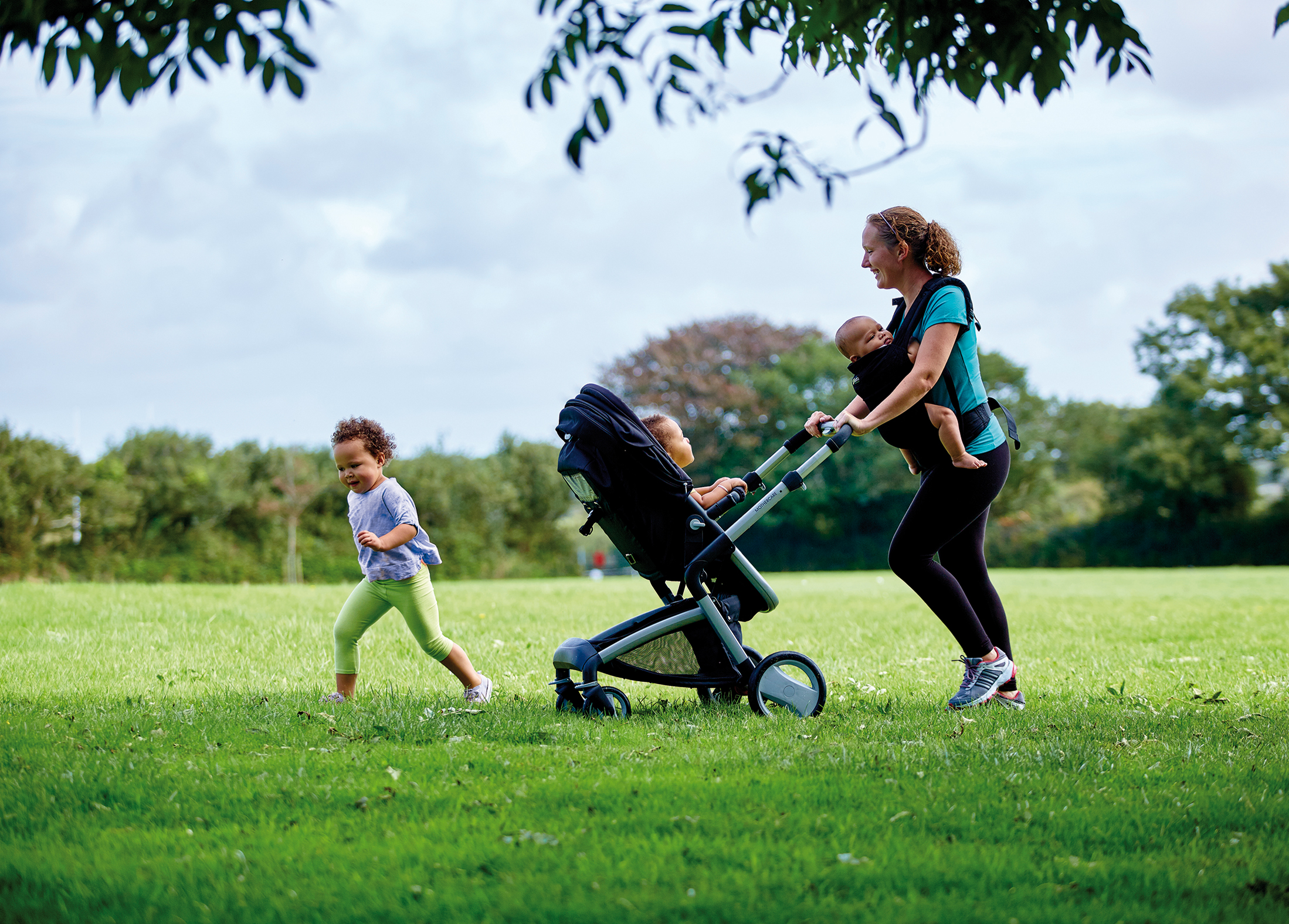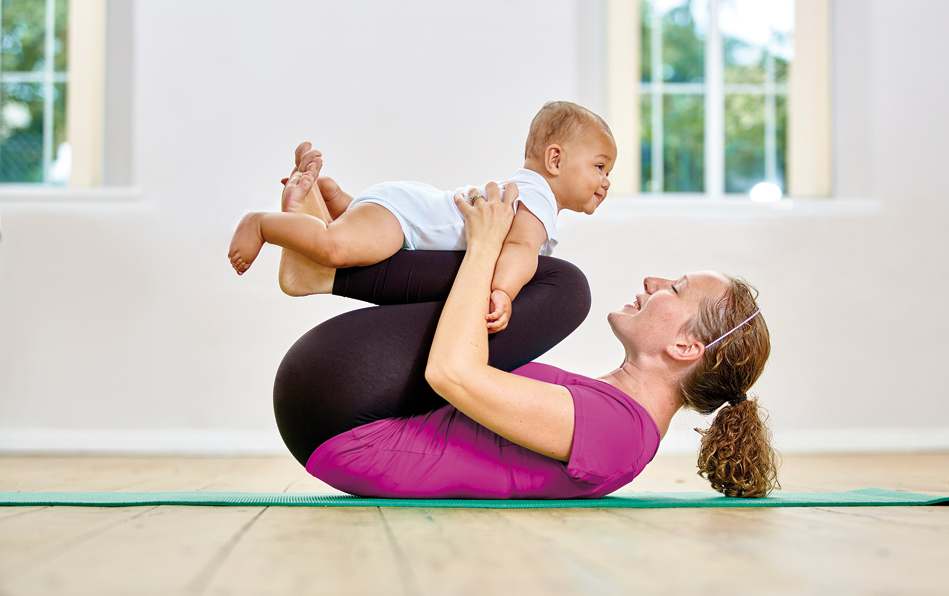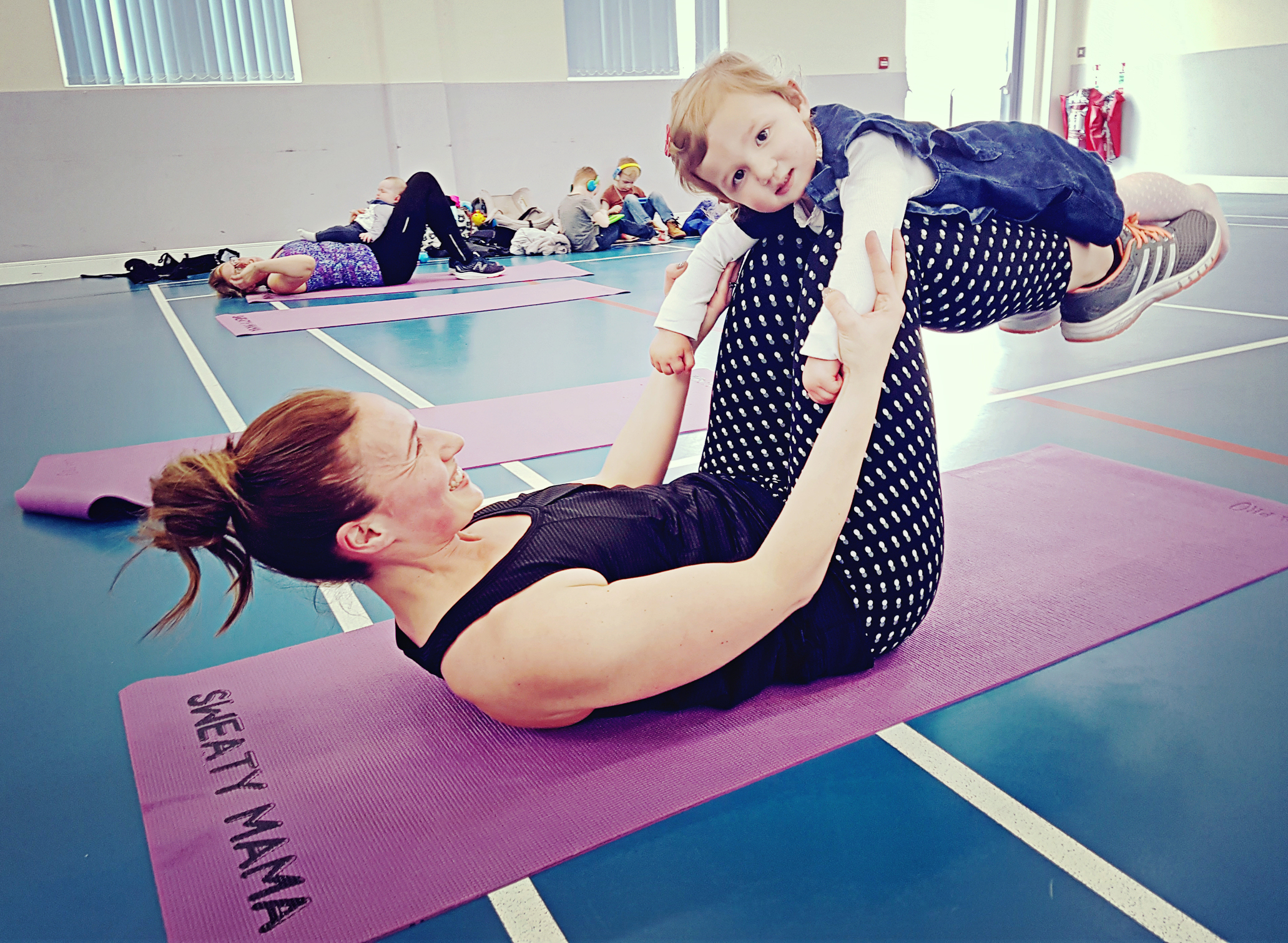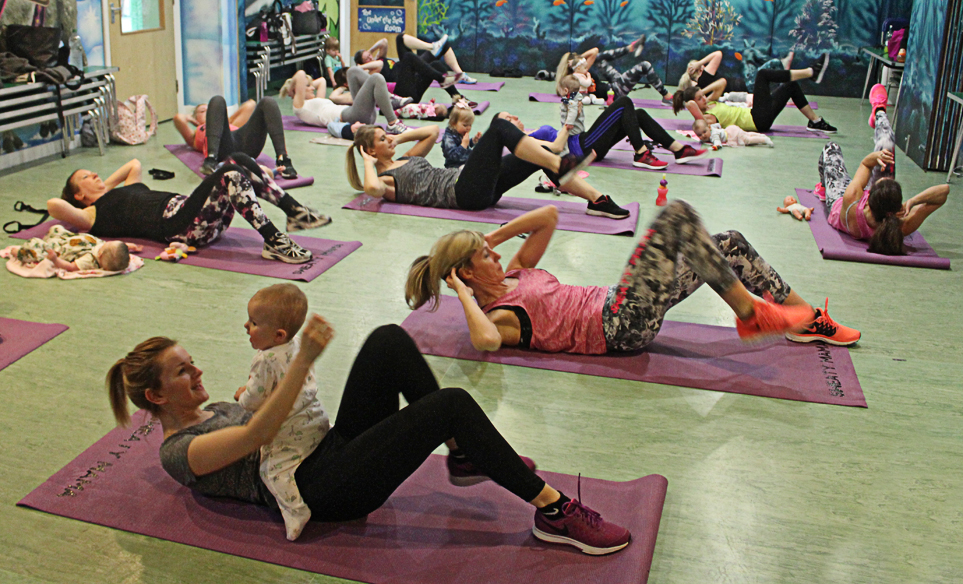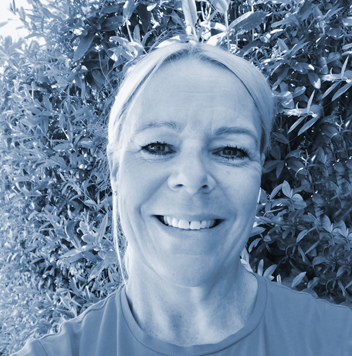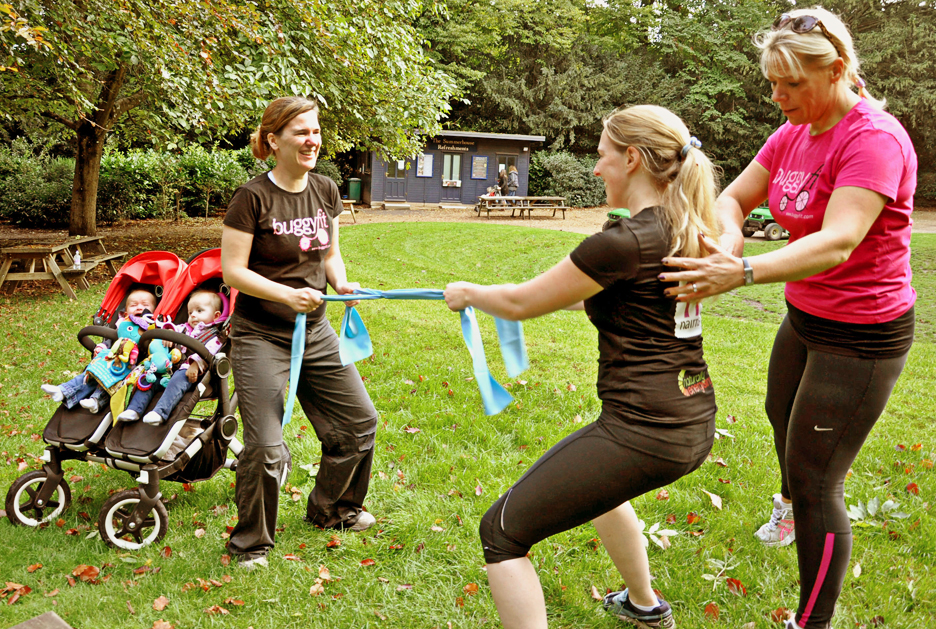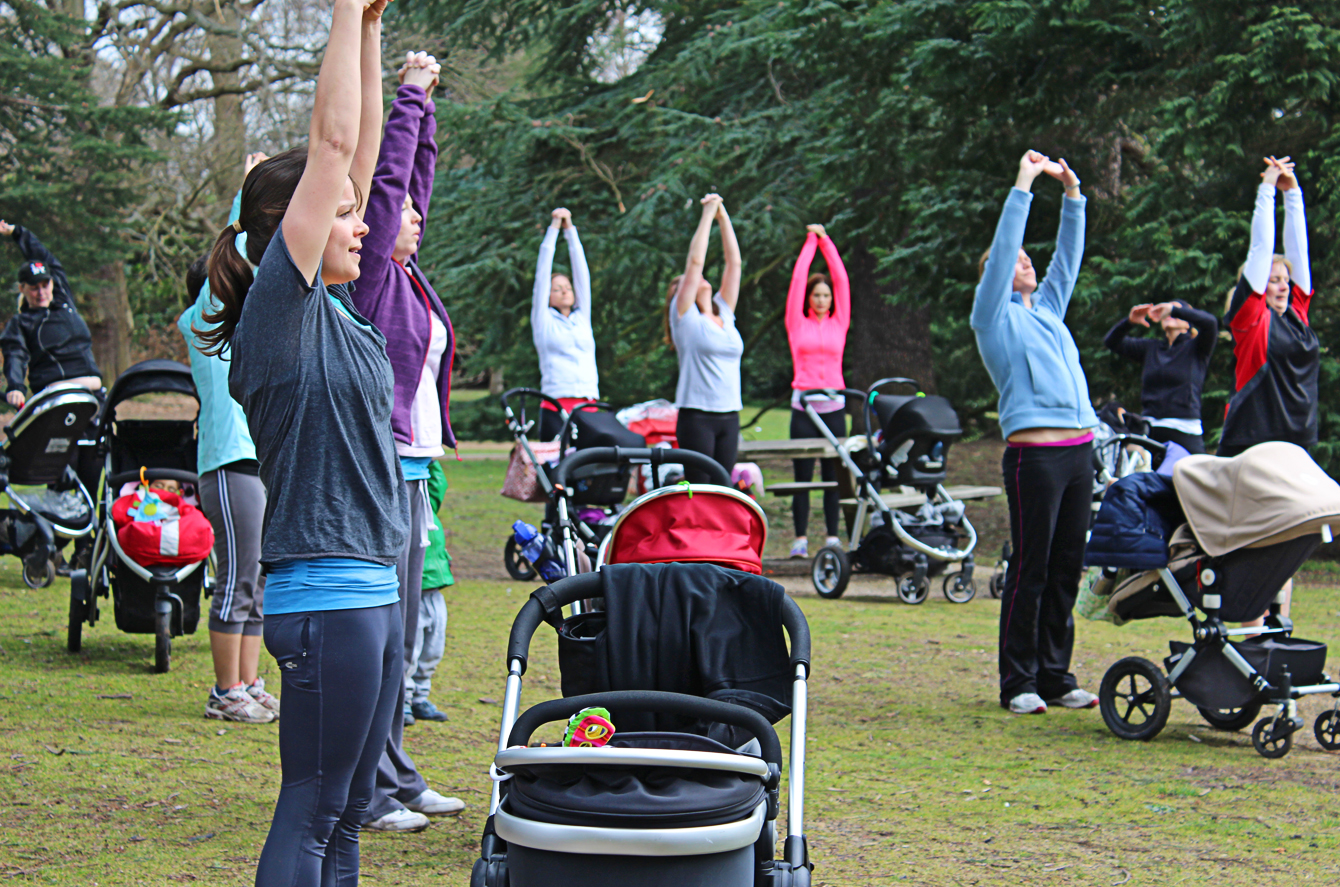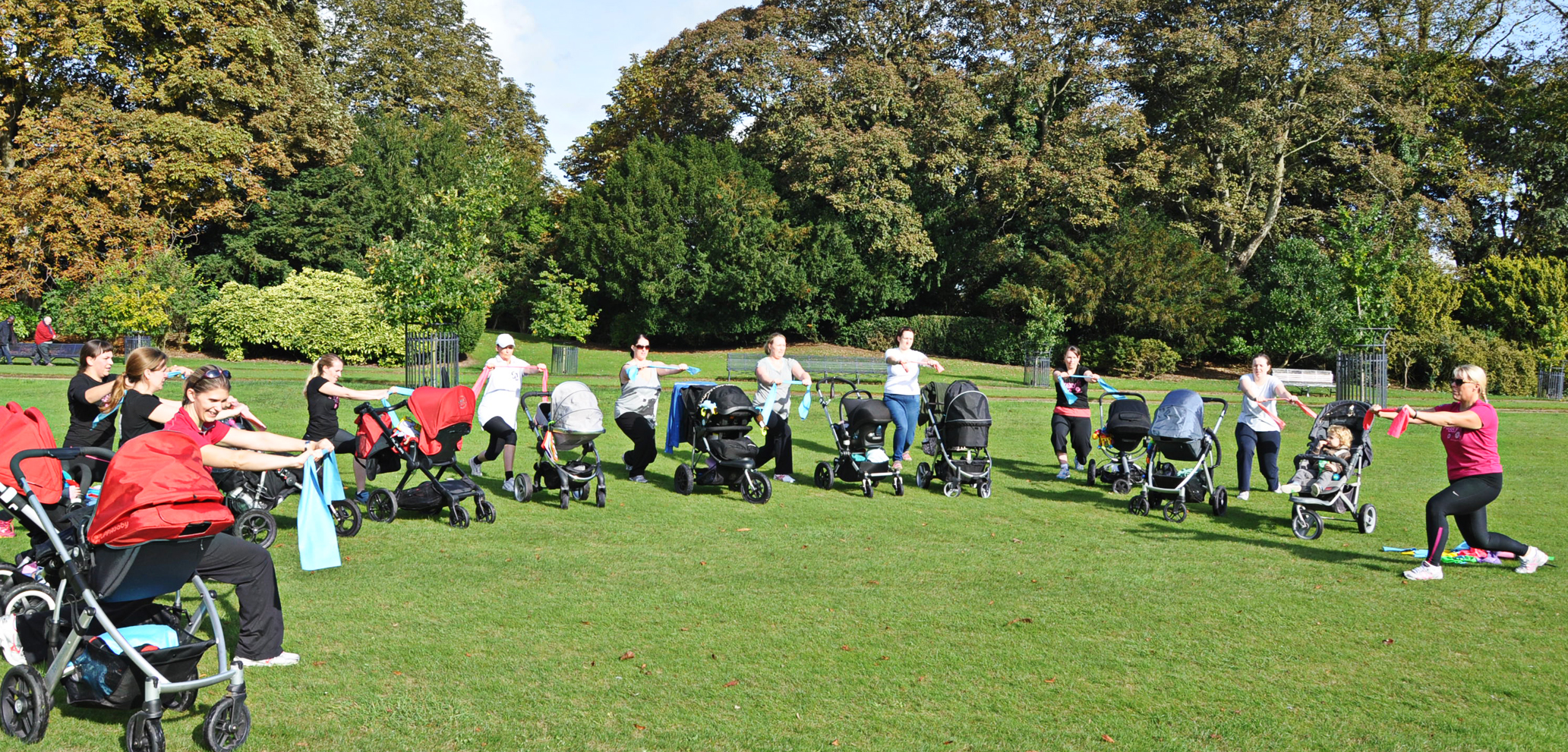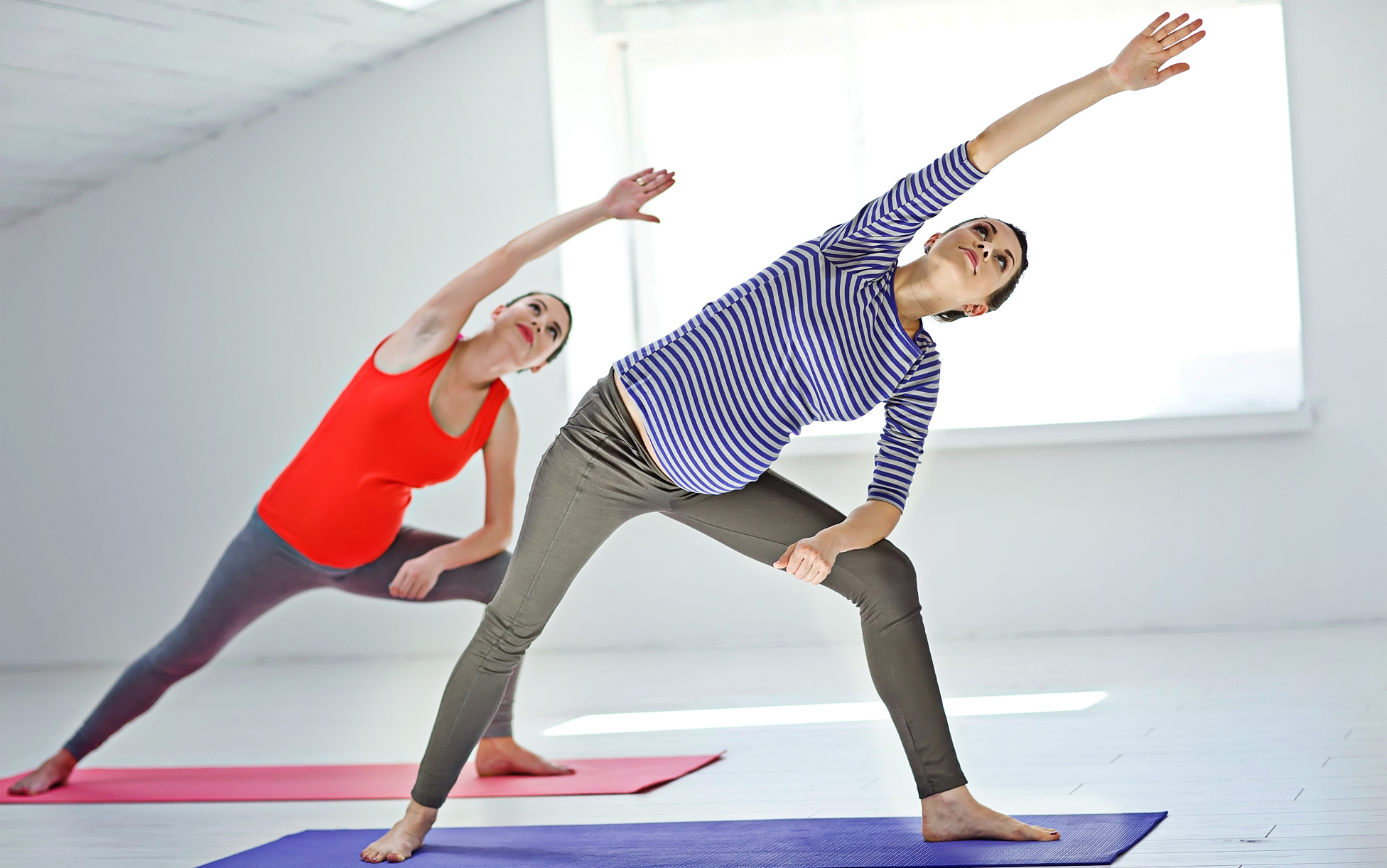Like Christmas, having a new baby is hailed as an idyllic time. Some people are lucky and sail through conception, pregnancy and childbirth and end up with a well behaved baby who sleeps through the night straight away (oh, and don’t they let you know it).
For others, it’s a time of massive adjustment and isolation: learning a new skillset; away from the validation of work and the company of colleagues; sleep deprived; with limited personal time; probably dealing with some physical pain or birth injuries; possibly dealing with trauma, mental health, financial, or relationship issues. It can be tough. (Although relatively short-lived, thankfully!)
What all new parents – especially mums – could benefit from, is hanging out regularly with a group of like-minded people and exercising in a way that includes their baby, so they don’t have to find childcare, or deal with the guilt of leaving them.
Not only can exercise help women shift any baby weight they’re carrying – which often gets worse with all the cake that post-baby hangouts tend to include – but it would be hugely beneficial for the mental health and bonding with babies for all parents. I’m convinced that if Buggyfit, Sweaty Mamas or Busy Lizzy had existed in Cornwall 13 years ago, I could have avoided post-natal depression.
As well as helping thousands of people physically and mentally, reaching out to this cohort would benefit health clubs. The ideal time to run a parent and baby class is at 10am, when clubs are quiet. Also you’d be introducing your club to future potential members and setting up the habit of getting parents to exercise with their children, which could be instrumental in preventing childhood obesity.
One way of welcoming this demographic is to simply offer sessions where babies and toddlers are allowed to come and run riot, but a better option is to create classes in which the little ones are part of the action. Xtend Barre has a class that is a fusion of ballet and pilates, where babies are strapped to their parents for barre work and distracted with toys for core work on the floor. Triyoga invites parents to bring babies from 40 days old to a restorative session, which promotes balance and strength and, for women, works on healing the core and pelvic floor.
Another option is to outsource to an expert by collaborating with existing businesses who’ve dealt with teething issues and offer programmes either for license or franchise. Let’s take a look at some of the options…








